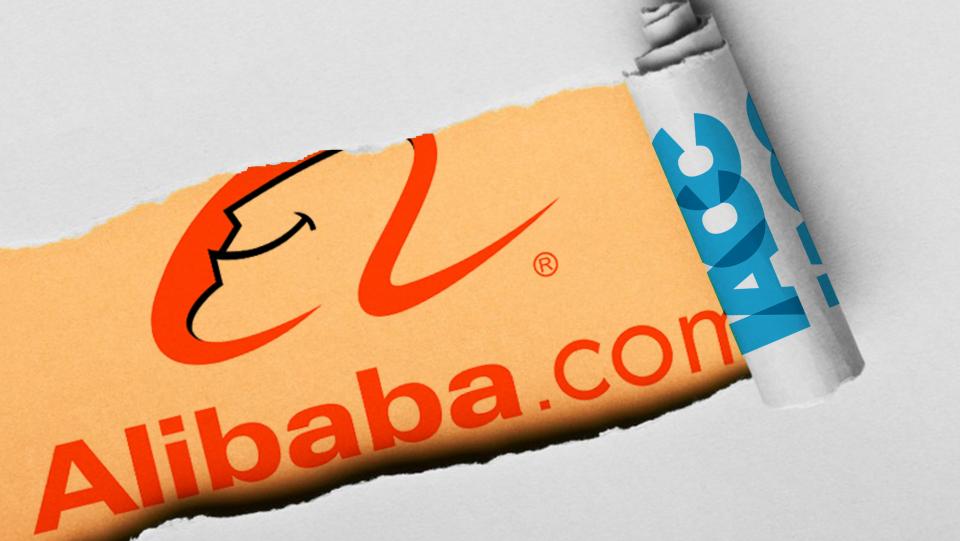The International AntiCounterfeiting Coalition (IACC) recently suspended Alibaba’s membership, once again throwing the Chinese e-commerce giant's business practices into the global spotlight, according to a report by the China News Service.
Alibaba has continuously claimed it has been working to combat counterfeiting, spending nearly US$155 million annually scour big data for evidence before handing its findings to the IACC and establishing a 2,000-strong team to root out fake goods on sale through the company's platform. Its high-profile efforts are a bid to shed its reputation, in China in particular, as a wholesaler of knock-off goods. However, its critics have stood their ground.
Cracking down on counterfeiting in China is a thankless task, with the manufacture, sale and purchase of fake products remaining stubbornly ubiquitous despite government pledges to do more to protect IP. Specific laws on counterfeiting have still not appeared, and with only light punishments meted out to major offenders, any attempt to combat the problem, including Alibaba's, is generally perceived as token.
Li Junhui, an intellectual property researcher at the China University of Political Science and Law, warned that it is "too difficult" for Alibaba to "go it alone" in combating counterfeiters, unless the marketplace, the legal field and China's regulatory environment are improved by genuine and enduring commitments from governmental and industrial associations.
“E-commerce companies represent original sin,” he said. “Their burgeoning development has, to some extent, boosted counterfeiting.”

 Old Version
Old Version